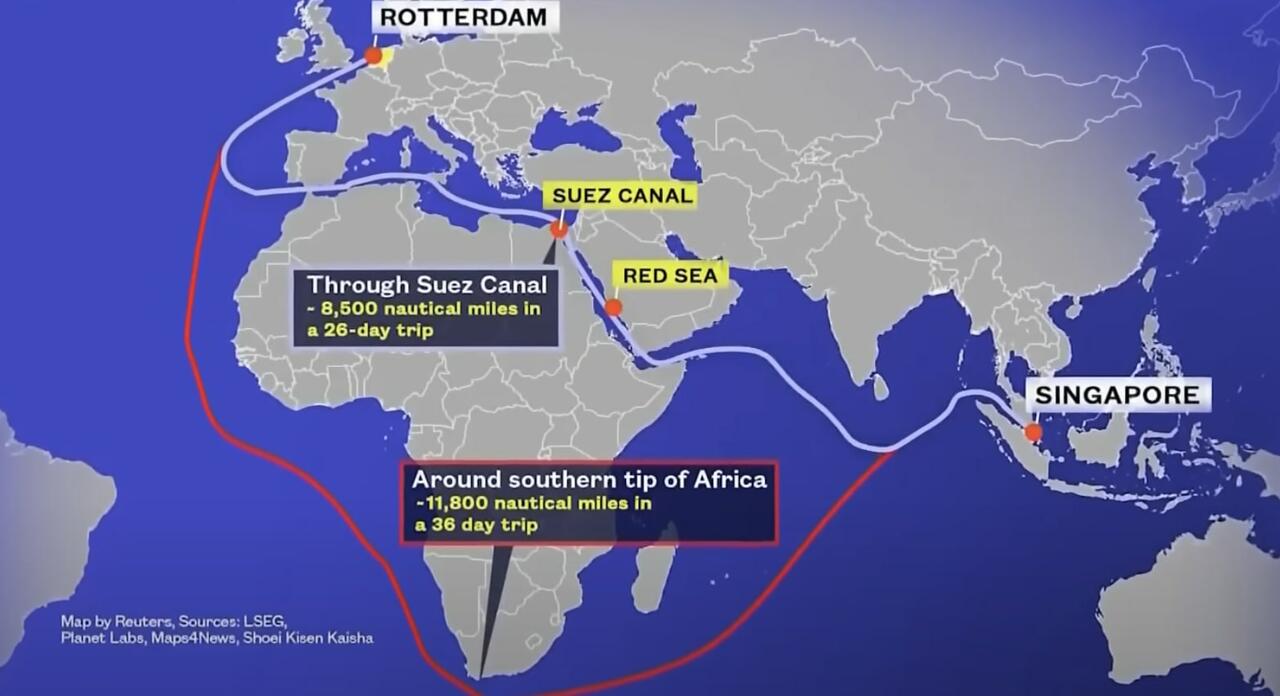Rising Tensions: UK City Grapples With Hundreds Of Caravan Dwellers

Table of Contents
The Growing Number of Caravan Dwellers and its Impact
The recent influx of caravan dwellers in [City Name] has dramatically increased the number of illegal encampments. Estimates suggest over 300 caravans are currently situated across several locations, including near [Location 1, e.g., a school] and [Location 2, e.g., a residential area]. This represents a significant increase from [Previous number] just [Time period, e.g., six months] ago. This rapid growth is largely attributed to the ongoing UK housing crisis and a stark lack of designated traveller sites, forcing many to seek alternative, often unauthorized, locations.
- Specific numbers: Over 300 caravans, representing approximately 1000 individuals.
- Locations: Primarily near [Location 1], impacting school access, and [Location 2], causing concerns for residents.
- Resident impact: Local residents report increased noise levels, litter problems, and safety concerns. Several accounts detail blocked access roads and anxieties about security.
- Environmental concerns: Illegal dumping of waste is a significant problem, potentially contaminating nearby land and waterways.
- Public health: Reports suggest increased risk of communicable diseases due to inadequate sanitation in some encampments.
Council Response and Legal Challenges
The council has responded with a multi-pronged approach. This includes issuing eviction notices, engaging in negotiations with representatives of the traveller community, and pursuing legal action through the courts. However, the process of evicting caravan dwellers is complex and legally challenging. Legislation protecting traveller rights, alongside human rights considerations, necessitates careful adherence to legal procedure, often leading to protracted legal battles. The council faces significant costs associated with legal fees, site clearance, and waste removal.
- Council actions: Eviction notices served, legal proceedings initiated, negotiation attempts underway.
- Legal battles: Multiple court cases are ongoing, delaying eviction processes and increasing costs.
- Relevant legislation: The council must operate within the framework of the [Mention specific legislation, e.g., Equality Act 2010, relevant planning regulations].
- Budgetary implications: The council has allocated [Amount] of its budget to managing this situation, diverting funds from other essential services.
Perspectives from Local Residents and the Traveller Community
The situation has created a stark divide between local residents and the traveller community. Residents express anxieties about their safety, concerns about the impact on property values, and frustration over the lack of communication and consultation. “The rubbish and noise are unbearable,” said one resident, [Resident's name]. "We're living in fear."
Conversely, members of the traveller community highlight their desperation for suitable housing options. "We have nowhere else to go," explained [Traveller community representative's name]. "There aren't enough official sites, and we're just trying to provide for our families.” The lack of dialogue and mutual understanding exacerbates existing tensions, highlighting the need for improved communication and mediation.
- Resident concerns: Safety, noise, rubbish, impact on property values, lack of communication.
- Traveller perspective: Lack of suitable housing, need for designated sites, family needs.
- Attempts at dialogue: Limited attempts at mediation have so far been unsuccessful due to a lack of trust and understanding.
- Social and economic factors: Poverty, lack of affordable housing, and historical marginalisation contribute to the conflict.
Potential Solutions and Long-Term Strategies
Addressing the underlying causes requires a multi-faceted approach involving long-term strategies. Increased investment in affordable housing is crucial, addressing the broader housing crisis affecting many in the UK. Additionally, the creation of more designated traveller sites, strategically planned and adequately resourced, could reduce the pressure on existing communities. Promoting community engagement initiatives, fostering understanding and dialogue between residents and the traveller community, is essential for peaceful coexistence.
- Affordable housing: Government-funded social housing initiatives are needed to address the broader housing shortage.
- Traveller sites: The creation of new, well-maintained traveller sites needs to be a national priority.
- Community engagement: Workshops, meetings, and community-led initiatives should foster dialogue and mutual respect.
- Government intervention: National-level policies addressing traveller rights and housing needs are vital for long-term sustainable solutions.
Conclusion
The escalating tensions surrounding the influx of caravan dwellers in this UK city highlight the urgent need for a compassionate and comprehensive solution that addresses the housing crisis and the needs of the traveller community. This situation underscores the critical requirement for long-term strategies balancing the concerns of local residents with the rights of the traveller community. Finding sustainable solutions requires open dialogue, collaboration, and proactive planning at both local and national levels. Let's work together to find lasting solutions to the issue of caravan dwellers in the UK and similar situations across the country.

Featured Posts
-
 To Buy Or Not To Buy Palantir Stock Before May 5th A Wall Street Analysis
May 10, 2025
To Buy Or Not To Buy Palantir Stock Before May 5th A Wall Street Analysis
May 10, 2025 -
 Trumps Houthi Truce Shippers Remain Skeptical
May 10, 2025
Trumps Houthi Truce Shippers Remain Skeptical
May 10, 2025 -
 Bert Kreischers Netflix Specials His Wifes Reaction To His Sex Jokes
May 10, 2025
Bert Kreischers Netflix Specials His Wifes Reaction To His Sex Jokes
May 10, 2025 -
 Interest Rate Cuts Why The Feds Approach Differs
May 10, 2025
Interest Rate Cuts Why The Feds Approach Differs
May 10, 2025 -
 Living Legends Of Aviation Ceremony Celebrates Courage Firefighters And More
May 10, 2025
Living Legends Of Aviation Ceremony Celebrates Courage Firefighters And More
May 10, 2025
